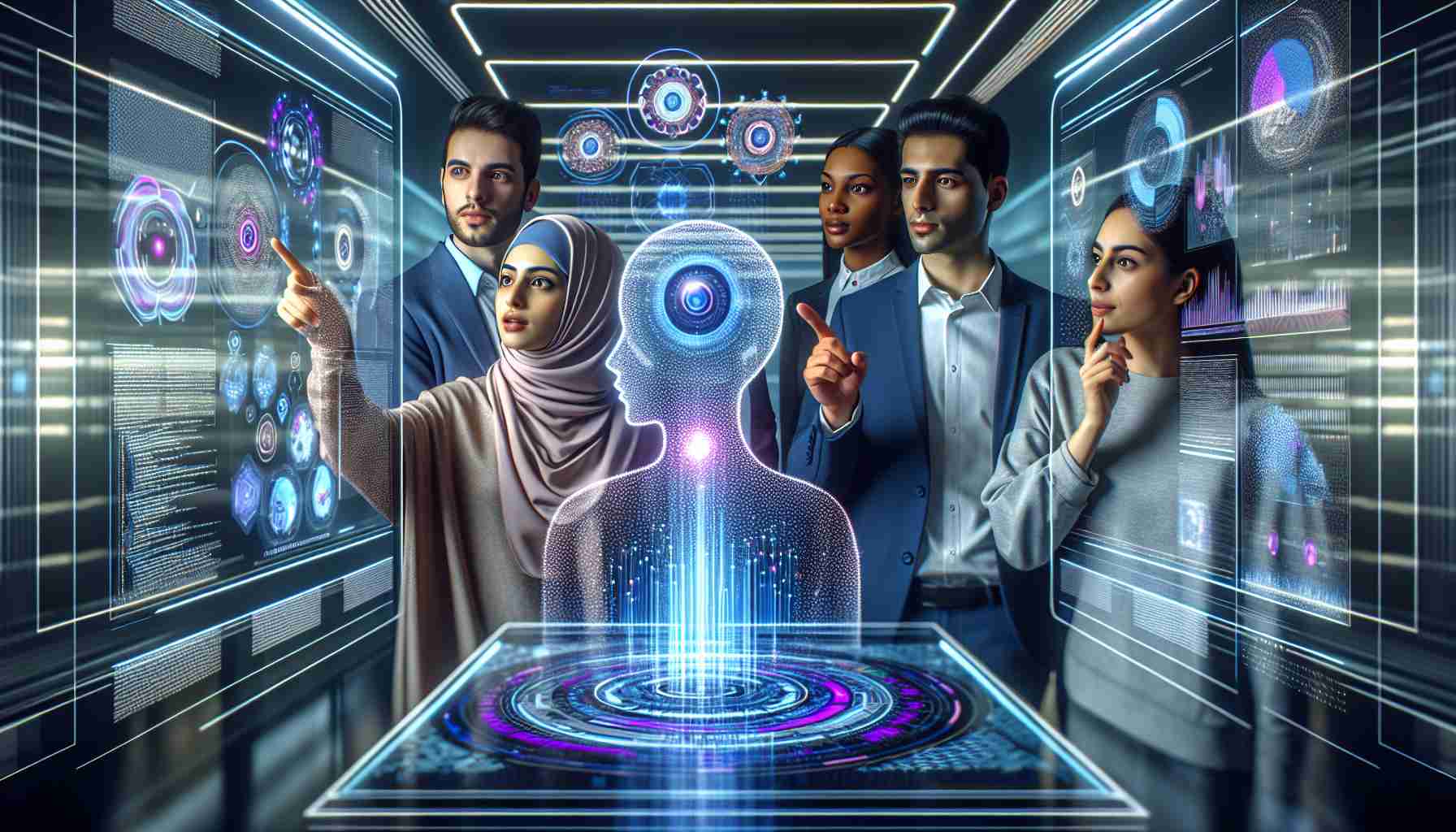In the ever-evolving landscape of technology, Google’s CEO Sundar Pichai weighs in on the future of web search and the importance of websites in an AI-driven era. As AI continues to shape Google’s innovation strategy, Pichai anticipates astonishing advancements in the field, suggesting that we have just scratched the surface of AI’s potential to redefine internet search in the coming decades.
Despite some concerns, Pichai confidently states that websites and SEO will not become obsolete due to AI. Instead, AI is being leveraged to enhance the existing search experience by providing more direct answers and featured snippets, enriching rather than replacing the current search paradigm.
Pichai addresses the issue of potential bias in search results by emphasizing Google’s commitment to presenting a variety of perspectives and trustworthy information. He assures that Google strives to balance direct responses with the breadth of opinions available on the internet, ensuring a true representation of content diversity.
Clarifying the role of the Search Generative Experience (SGE), Pichai explains that this technology aims to improve—not replace—the search experience. This approach will maintain a rich search dynamic augmented by AI, while preserving traditional search methodologies.
Pichai envisions AI not as a substitute for existing technologies, including search, but as a means of enhancing them. His perspective envisions a future where AI and search engines continue to coexist, with websites remaining an integral part of the online search ecosystem. As such, the role of websites remains pivotal in providing diverse and pertinent information for users around the globe.
Important Questions and Answers:
1. How will AI improve internet search experiences?
AI is expected to provide more direct answers and featured snippets, making information retrieval faster and more accurate. AI algorithms can understand the context and intent behind queries, leading to an improved search experience optimized for user needs.
2. Will AI make websites and SEO obsolete?
No, according to Sundar Pichai, websites and SEO will continue to be relevant. AI is positioned to enrich the current search paradigm by enhancing how search engines interact with web content, not replacing the need for the content itself.
3. How does Google plan to handle potential bias in AI-generated search results?
Google has pledged to present a multitude of perspectives and reliable information, aiming for a true representation of content diversity. The company is likely to implement stringent guidelines and use diverse datasets to minimize bias in search results.
Key Challenges or Controversies:
One major challenge is ensuring that AI-generated search outcomes are free from bias, which requires continuous refinement of algorithms and oversight. Additionally, maintaining user privacy while utilizing AI in search engines remains a significant concern. The controversies mainly revolve around the ethical use of AI, user data security, and the potential for AI to perpetuate existing biases if not carefully managed.
Advantages and Disadvantages:
Advantages:
– Faster and more precise search results
– Enhanced user experience with personalized responses
– Increased efficiency in handling vast amounts of data
– AI can translate and understand different languages, improving global accessibility
Disadvantages:
– Potential risk of bias in AI algorithms
– Increased complexity in SEO strategies
– Concerns over data privacy and security
– Overreliance on AI might reduce diversity in content exposure
Suggested Related Links:
For more information on Google’s approach to AI and web search, you might visit Google. Additionally, to understand more about AI’s ethical implications, you might check the main webpages of institutions like the American Civil Liberties Union or Electronic Frontier Foundation for their perspectives on privacy and technology.

